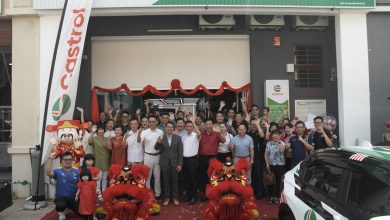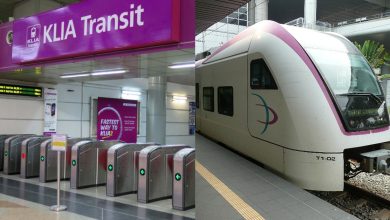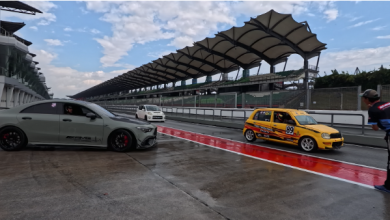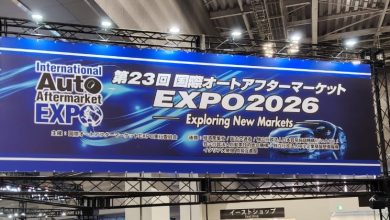MyKad-Based RON95 Fuel Subsidy: What Malaysians Need to Know About BUDI95

Kuala Lumpur, 24 September 2025 – The Malaysian government has officially rolled out a targeted fuel subsidy programme for RON95 petrol, shifting from the long-standing blanket subsidy system. This new initiative, dubbed BUDI95, will leverage MyKad verification to ensure that fuel subsidies are channelled specifically to eligible Malaysian citizens.
🎯 What is BUDI95?
BUDI95 is a targeted fuel subsidy mechanism for RON95 petrol, designed to reduce subsidy leakage and ensure only qualified Malaysians benefit. Starting 30 September 2025, Malaysians will enjoy a subsidised price of RM1.99 per litre, but only after verifying their eligibility using their MyKad.
✅ Who is Eligible?
To qualify for the BUDI95 subsidy:
- You must be a Malaysian citizen.
- You must own a valid MyKad (with a working chip).
- You must hold a valid Malaysian driving license.
Foreigners and non-citizens are not eligible and will have to pay the unsubsidised price of RON95, currently set at RM2.60 per litre.
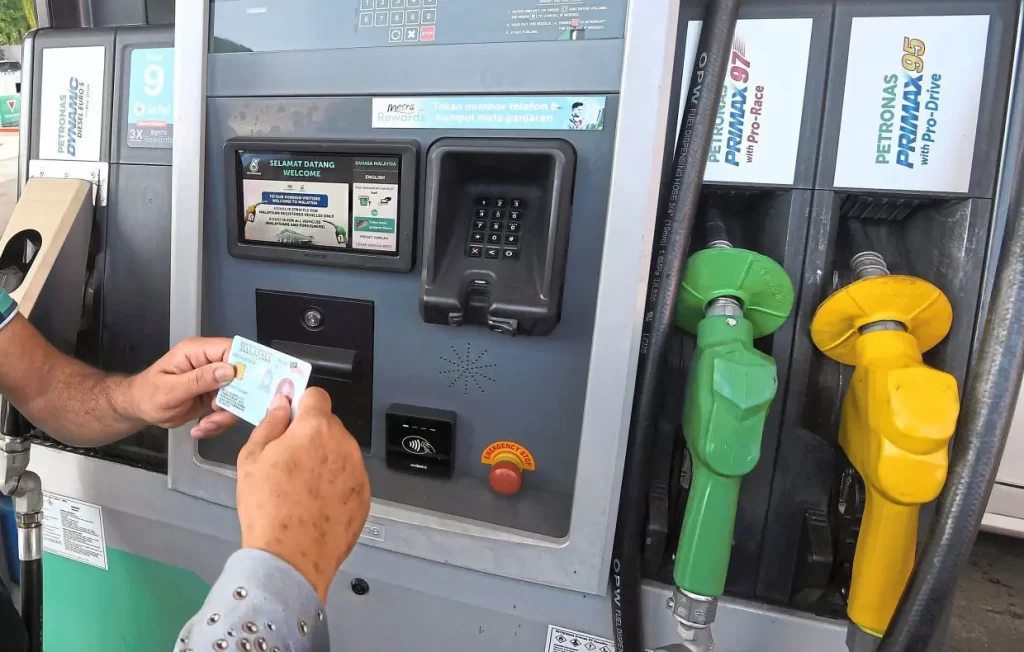
📊 Subsidy Limits
- Each eligible individual will receive a monthly quota of 300 litres of subsidised RON95.
- E-hailing drivers are exempt from the quota limit, allowing them to continue operations without fuel cost concerns.
🛒 How Does It Work?
The system is designed to be automatic and seamless:
- No registration is required. As long as you meet the criteria, you’re automatically included.
- When purchasing RON95 at fuel stations, you must verify your MyKad either at the pump or cashier before refuelling.
- Fuel station apps (such as Setel, CaltexGo, Shell App) will integrate MyKad verification, so app users can benefit from the subsidy once linked.
To support the rollout, MyKad readers will be installed at petrol stations nationwide.
🧾 Why This Matters
The move to targeted subsidies is part of the government’s broader economic reform to reduce national expenditure. The previous blanket subsidy system was costing the government billions annually, with large portions leaking to non-citizens and luxury vehicle owners.
By implementing BUDI95, the government hopes to save RM2.5 to RM4 billion annually while protecting lower- and middle-income Malaysians from rising fuel costs.

⚠️ Public Concerns
Despite the intended benefits, the system has raised some concerns:
- Privacy and data usage linked to MyKad verification.
- Potential abuse or manipulation, such as wealthy individuals still benefiting from the subsidy.
- Logistical issues at petrol stations, including potential congestion during peak hours.
The government has promised continuous monitoring and system updates to address these issues.
📝 Final Thoughts
BUDI95 represents a major shift in how Malaysia handles fuel subsidies. While challenges remain, this MyKad-based system could mark the beginning of a more sustainable and fair approach to public spending — ensuring that aid reaches those who need it most.



